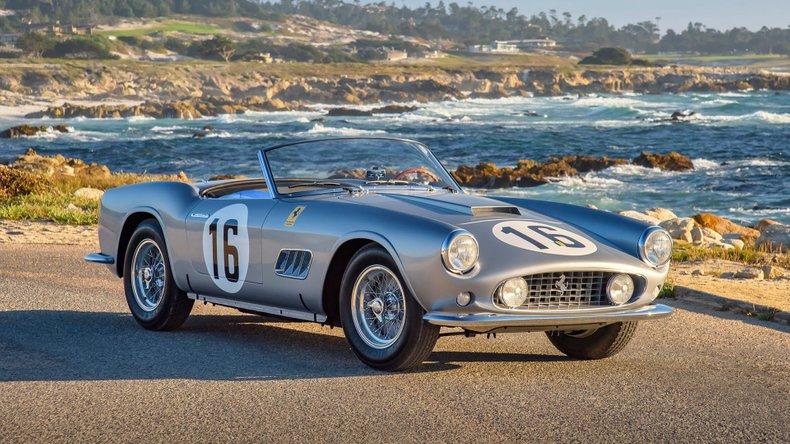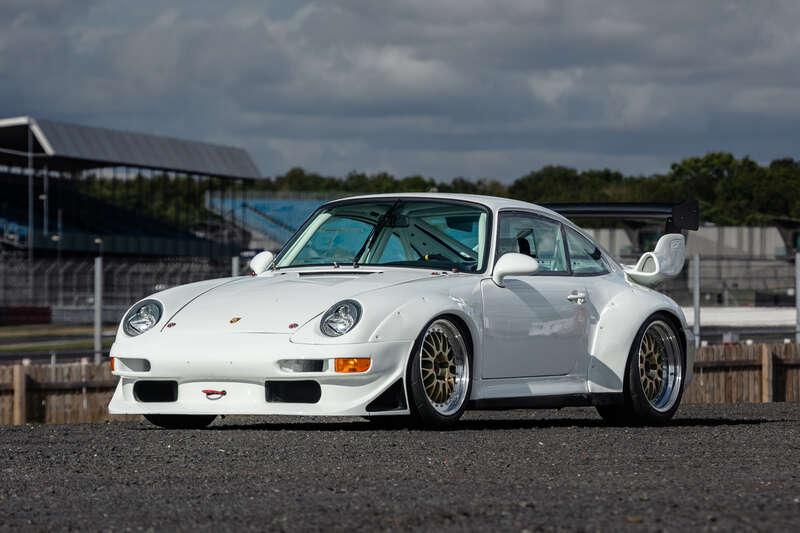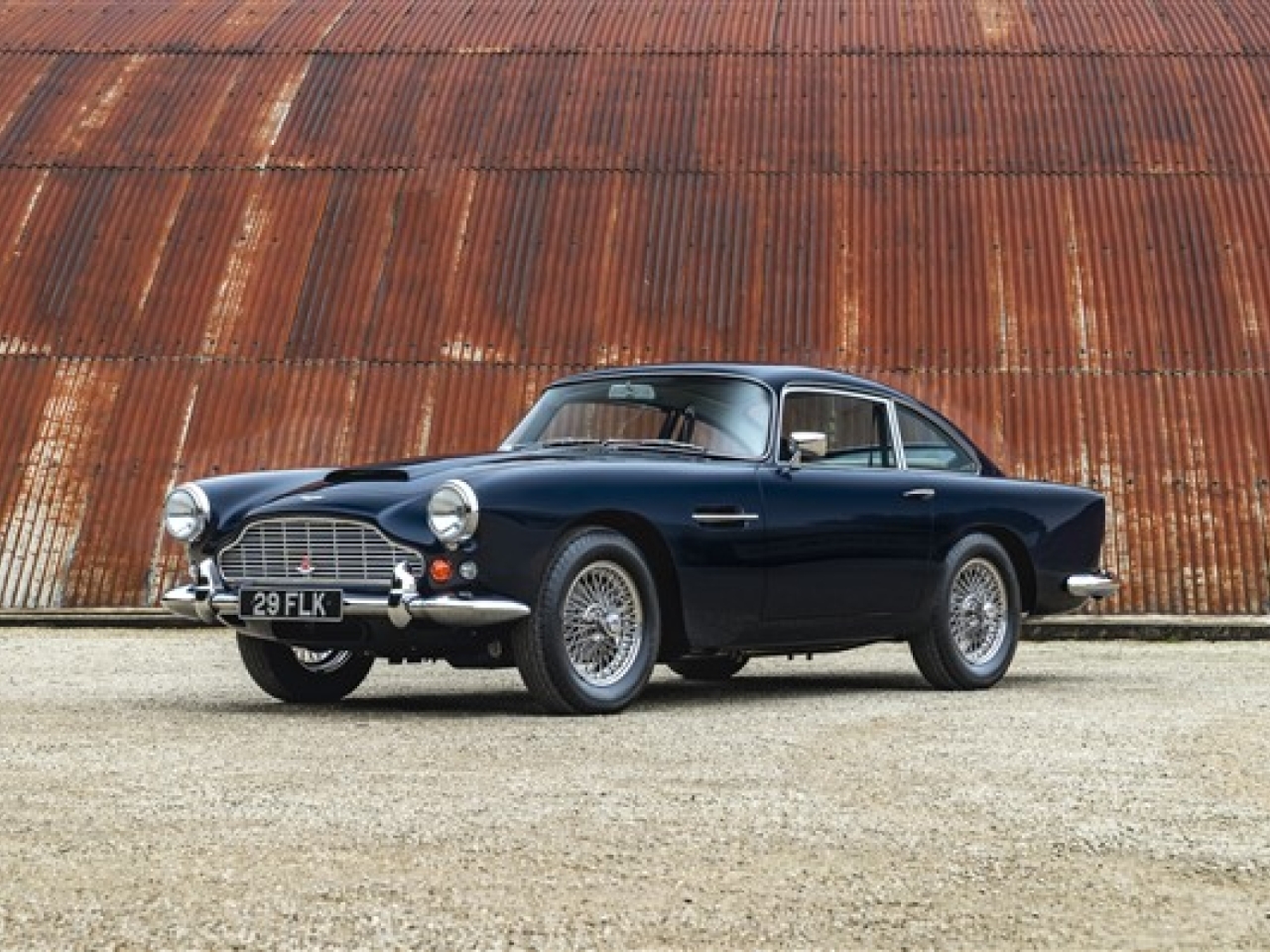Purchasing a classic car is more than just buying a vehicle, it's an investment in history, craftsmanship, and passion. Whether you’re a seasoned collector or entering the world of classic cars for the first time, this guide will help you navigate the process and ensure you make the right choice.

Define Your Purpose
Before you start your search, consider what you want from your classic car:
• Investment: Are you looking for a car that will appreciate in value over time?
• Restoration Project: Do you enjoy rebuilding and restoring vehicles to their former glory?
• Weekend Drives or Shows: Is your goal to own a car you can enjoy driving or showcase at events?
Defining your purpose will help narrow your options and ensure you make the right choice.
Research the Model
Once you’ve identified the type of classic car you’re interested in, dive deep into its history and specifications:
• Understand the market value and how much similar models are selling for.
• Check for common issues or weaknesses in the model you’re considering.
• Look into parts availability—some classics have readily available parts, while others may require custom fabrication.

Set Your Budget
Classic cars can range from affordable gems to multi-million-dollar investments. Don’t forget to include these potential costs in your budget:
• Purchase Price: The upfront cost of the vehicle.
• Restoration and Maintenance: Repairs, paintwork, and servicing can add up quickly.
• Storage and Insurance: Secure storage and specialized insurance are essential for protecting your investment.
Inspect the Vehicle
Before making a purchase, perform a thorough inspection or hire a specialist inspector. Key areas to assess include:
• Bodywork: Check for rust, repairs, or signs of damage.
• Engine: Look for leaks, unusual noises, or signs of neglect.
• Interior: Examine the condition of seats, carpets, and dashboards.
• Documentation: Verify the car’s history, service records, and ownership details.

Consider the Seller
Who you buy from matters. Options include:
• Private Sellers: Often more affordable, but be cautious of scams or undisclosed issues.
• Dealers: Offer a wider selection and often provide warranties or after-sales support.
• Auctions: Great for rare finds, but make sure to set a limit and stick to it.
Test Drive and Haggle
A test drive is essential to assess the car’s handling, comfort, and performance. Once you’re confident the car is right for you, don’t be afraid to negotiate the price. Sellers often expect some bargaining, so do your research and be prepared to back up your offer.
Think Long-Term
Owning a classic car is a commitment. To ensure you enjoy your investment:
• Schedule regular maintenance and inspections.
• Protect your car with proper storage and insurance.
• Join classic car clubs or attend events to connect with fellow enthusiasts and share advice.
Final Thoughts
Buying a classic car is an exciting journey that requires patience, knowledge, and careful planning. By following this guide, you’ll be better equipped to find a car that meets your needs, fits your budget, and brings years of enjoyment.
At Classic Motors For Sale, we offer a wide selection of classic, vintage, and supercars to suit every enthusiast. Browse our listings today and take the first step toward owning your dream car!
If you are interested in exploring advertising with us, I encourage you to get in touch. Please feel free to contact me directly, and I will be more than happy to provide you with further information, answer any questions you may have, and guide you through the process.
Nick Aylieff | Classic Motors For Sale |






















































































